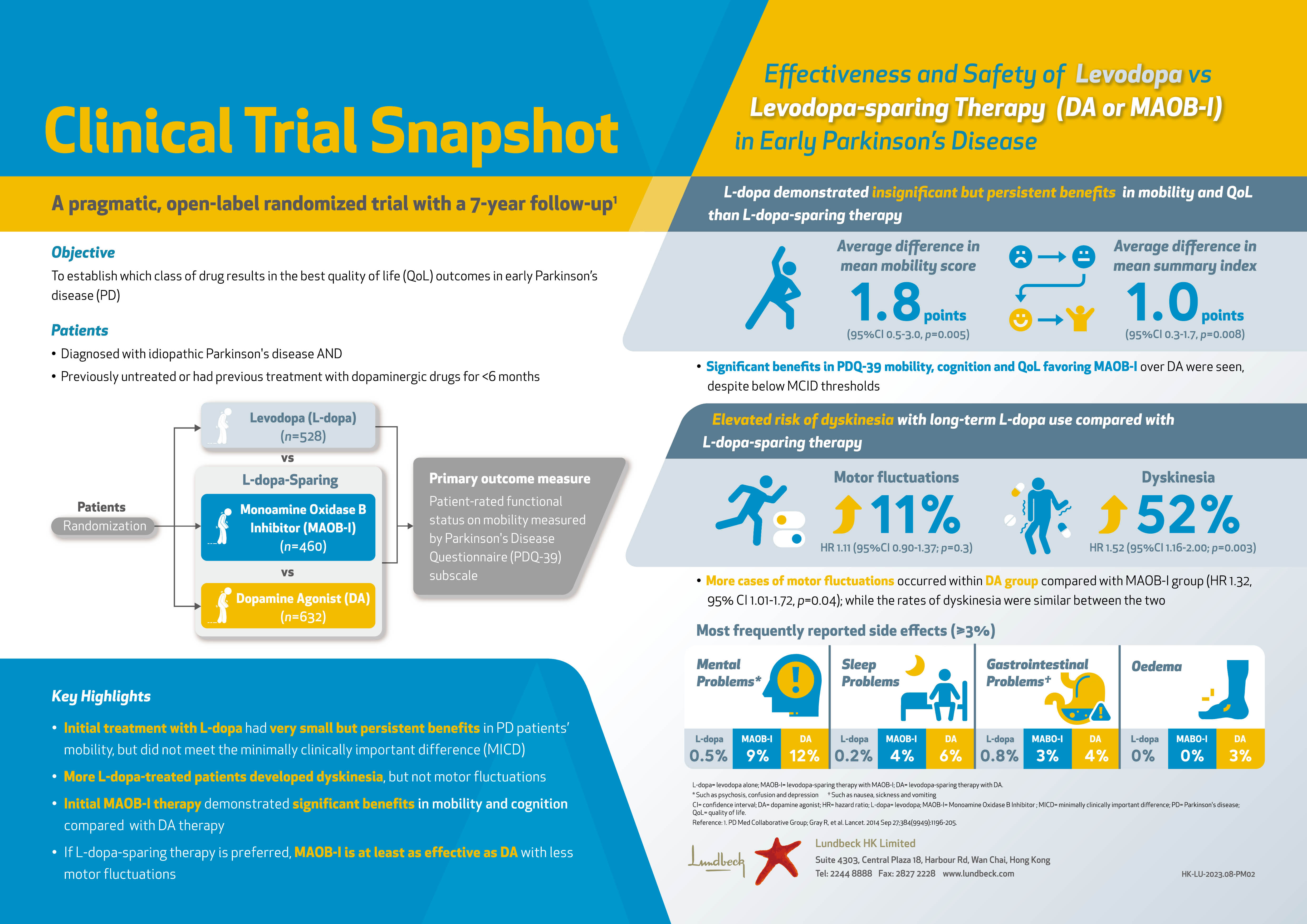
Commonly known as a weight loss strategy, intermittent fasting provides multiple benefits in addition to weight control, including reducing cardiovascular risk and preventing cancer and neurodegeneration. A recent study investigated serum proteomics in 14 healthy individuals subjected to dawn-to-sunset intermittent fasting for 30 days. Proteome analysis at the end of the 4th week and one week after the intervention demonstrated significant upregulation of various anti-cancer gene protein (GP) products and downregulation of a number of GP associated with cancer and neurodegeneration. Notably, the increase in the GP levels of centrosomal protein 164, large tumour suppressor kinase 1 and complement factor H related 1 and the decrease in tankyrase 2 and SPARC related modular calcium binding 1 confer protection against different cancers. The GP level of amyloid beta precursor protein implicated in the development of Alzheimer’s disease was also significantly reduced. Thus, intermittent fasting represents a possible novel approach to mitigate risks of cancer and neurodegenerative diseases.
Keywords: intermittent fasting, cancer, proteomics, Alzheimer’s disease
Reference
Mindikoglu et al. J Proteomics. 2020;217:103645.





